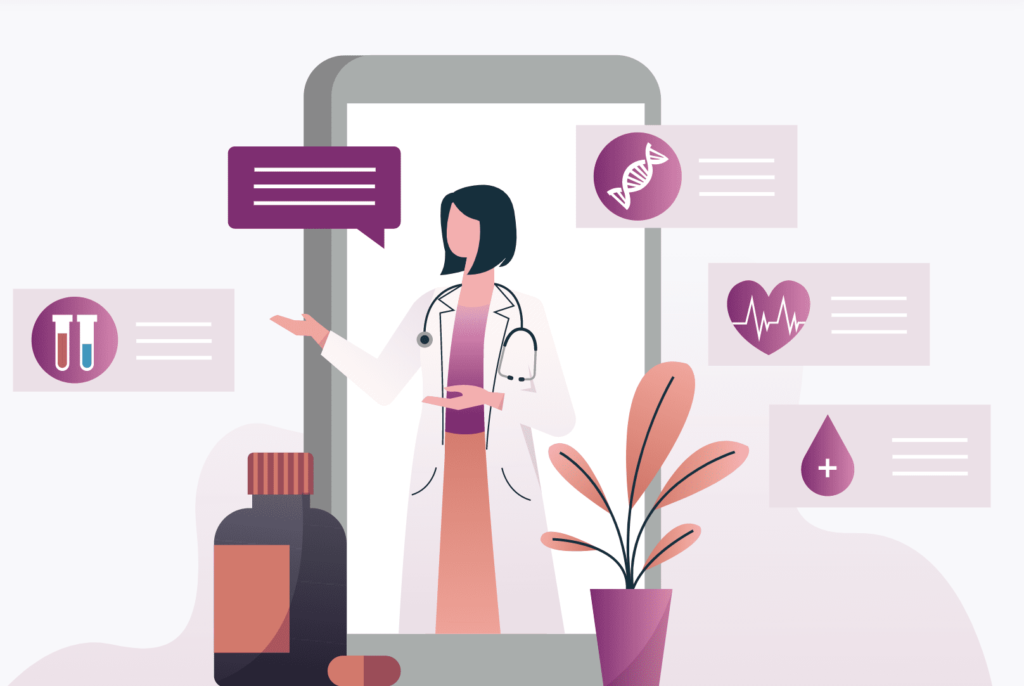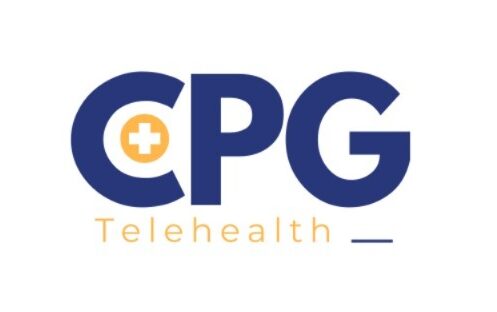Antifungal prescriptions available online
Learn how antifungal medications can help treat fungal infections with a consultation from one of our board-certified doctors online. Get a new prescription or refill for antifungal medications from a top-rated doctor online.
- Combat infections with antifungal prescriptions online
- Safely treat skin and nail infections
- Eliminate fungi through telehealth guidance


About antifungal medications
Antifungal medications are medications designed to treat fungal infections. They’re often prescribed to help treat yeast infections, ringworm, and skin and nail infections, they’re used for other fungal infections as well. There are many types of prescription antifungal medications.
What antifungal medications treat
The most common condition treated with antifungal medications is fungal skin infections. Antifungals are medicines that kill or prevent the growth of fungi. By targeting structures or functions that are necessary in fungal cells but not in human cells, antifungal drugs can fight a fungal infection without damaging your body’s cells. When the fungal cell membrane or fungal cell wall becomes compromised, the fungal cell will die.
While most fungi cause no problems and infections are easily treatable, people with a weakened immune system are more likely to develop serious fungal infections. Other conditions also treated with antifungals include Candida infections, athlete’s foot, and oral thrush.
Types of antifungal medications available online
The main types of antifungal medications are called azoles, polyenes, allylamines and echinocandins.
Azoles
Azoles are most often used to treat skin and mucous membrane infections. As some of the most commonly used antifungal drugs, azoles interfere with an enzyme that’s important for creating the fungal cell membrane. As a result, the fungal cell becomes unstable, leading to cell death.
Polyenes
Polyenes kill fungal cells by increasing the porosity of the fungal cell wall. In turn, polyenes compromise the fungal cell, which makes the cell prone to bursting. Polyene antifungal medicines are often used to treat Candida yeast infections, including mucosal or invasive Candida infections.
Allylamines
Allylamines are a class of antifungal drugs that inhibit the enzyme squalene epoxidase, which is necessary for the synthesis of ergosterol, an important component of fungal cell membranes. This results in an accumulation of squalene and a deficiency of ergosterol within the fungal cell leading to cell death.
Echinocandins
Echinocandins are a newer type of antifungal drug. Echinocandins inhibit an enzyme that makes up the fungal cell wall, which leads to cell death. Similar to polyene antifungal medicines, they’re often used to treat invasive fungal infections, such as Candida infections. This drug class is typically administered by intravenous infusion and not available as a prescription at PlushCare.
How antifungal medications work
Antifungals work by killing or preventing the growth of fungi, which commonly affect the skin, hair, and nails. Antifungal drugs target the fungal cell membrane and fungal cell wall, which surround and protect fungal cells. When these structures are compromised, the cell bursts open, causing the contents to leak out and eventually die.
How antifungal medications work
Antifungals work by killing or preventing the growth of fungi, which commonly affect the skin, hair, and nails. Antifungal drugs target the fungal cell membrane and fungal cell wall, which surround and protect fungal cells. When these structures are compromised, the cell bursts open, causing the contents to leak out and eventually die.
Side effects of antifungal medications
When taken as prescribed, antifungal medicines are generally well tolerated. However, they can still cause some side effects.
The more common side effects of antifungal drugs include:
Abdominal pain, upset stomach, and diarrhea
Skin rash, itchy skin, or burning sensation
In rare cases, antifungal medicines may cause serious side effects. These can include:
Signs of liver damage, such as jaundice
Severe allergic reaction
- Severe skin reactions, such as blisters and peeling skin
Make an appointment with one of our top-rated online doctors if you experience any side effects when taking antifungal medication.
Antifungal medications risks
Antifungal medications are generally safe, but there are some risks if you have other medical conditions or take certain medications.
Before you take a prescribed antifungal, be sure to tell your doctor if you have any of the following conditions or issues:
Liver disease
Heart problems
Immune disorders, such as HIV/AIDS or lupus
Allergic reaction to antifungal drugs
Antifungal medications drug interactions
When you begin a new medication, make sure to tell your doctor about any other medications, supplements, or herbs you’re taking. Some medications that might interact with an antifungal include:
Other antibiotic, antifungal, or antiviral medicines
Blood thinners
Cholesterol medication
Oral diabetes medicine
Heart or blood pressure medication
Nonsteroidal anti-inflammatory drugs (NSAIDs)
Antifungal medications FAQs
Always take antifungal medicine as prescribed by your healthcare provider. There are over-the-counter (OTC) and prescription antifungal medicines available. Make sure to talk to your healthcare professional to determine the best treatment for your fungal infection.
Antifungal drugs come in several forms, including:
Injections (shots) or IV
Oral pills and liquids
Topical treatment, including skin creams, ointments, gels, and sprays
Vaginal suppositories
The length of antifungal treatment will depend on the fungal infection. While most fungal diseases, such as ringworm, clear up in a few weeks, other infections can take months or years to go away. More serious fungal infections, including blood and lung infections, may require long-term treatment.
The safety of antifungal medicine varies depending on the drug. Make sure to tell your healthcare professionals if you have certain medical conditions, such as:
You're currently pregnant or breastfeeding
Liver or kidney disease
Heart rhythm disorder
History of QT prolongation
Immune disorders, such as HIV/AIDs, lupus, or cancer
Allergic reaction to antifungals
You should not take an antifungal medicine to treat a viral or bacterial infection. After reviewing your medical history and fungal infection symptoms, your healthcare provider can determine whether it's safe for you to take an antifungal drug.
For vaginal yeast infections or fungal balanitis, an antifungal typically starts working within one to three days. If a single antifungal dose does not help improve symptoms or if the infection is severe, your healthcare provider may prescribe additional doses.
If your symptoms continue after short-term antifungal treatment, your healthcare provider may choose to prescribe the medication for an extended period of time. If you have a weakened immune system caused by cancer treatment, bone marrow transplant, or immune disorders such as AIDs, you may require long-term treatment to prevent more serious fungal infections.
Avoid taking certain medications while taking an antifungal, such as:
Other antifungal drugs, antibiotics, or antiviral medications
Cholesterol and blood pressure medication
Oral diabetes medicine
Nonsteroidal anti-inflammatory drugs (NSAIDs)
Blood thinners
Talk to your doctor before drinking alcohol on antifungals. Alcohol may increase your risk of adverse effects, such as nausea, diarrhea, and upset stomach.
Always take your antifungal medicine as directed by your doctor. Improper use of antifungals can lead to antifungal resistance, which can make it harder for your body to fight a fungal infection.
In general, antifungals fight fungal infections in two ways: by directly killing fungal cells or preventing cells from growing and multiplying. Antifungal drugs target structures that are necessary in fungal cells but not in human cells. In turn, they can fight fungal infections without harming your body's cells.
Antifungal medicines commonly target the fungal cell membrane and cell wall. When these structures become damaged, they cannot protect the fungal cell, causing the cell to burst open and die. Other antifungal medications work by stopping the creation of the cell membrane.
Natural antifungals are natural supplements that can help you avoid the side effects and antifungal resistance that comes with synthetic drugs. Popular antifungal drugs include grapefruit seed extract, oregano oil, and caprylic acid. Although adding natural antifungals to your diet may help with treatment, be sure to talk to your doctor before using natural antifungals in place of medication to treat a fungal infection.
